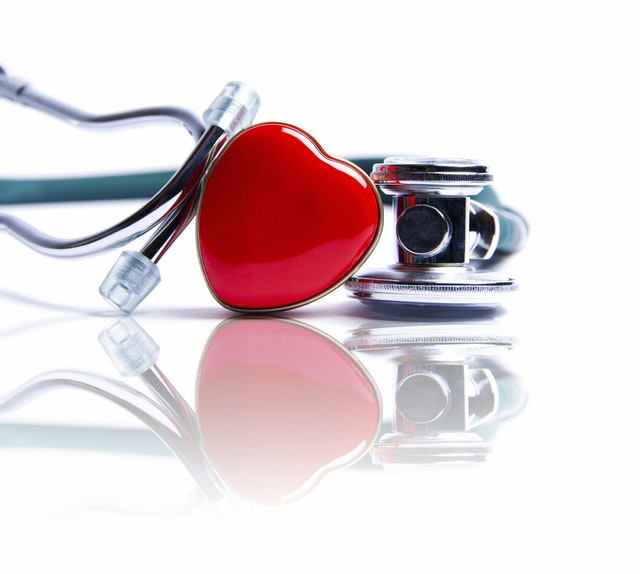What Happens During a Heart Attack?

Health Insurance Quotes
What Is a Heart Attack?
When the flow of blood to the heart is suddenly blocked, specific muscles of the heart cannot get oxygen and begin to die. The damage can be managed when treatment is given at the first sign of symptoms.
Causes
CHD: Coronary heart disease, or CHD, is the most common cause of heart attacks. The condition is characterized by the waxy plaque buildup on the inside of the coronary arteries. These arteries are the pathways to get oxygenated blood to your heart. The plaque buildup usually occurs over the course of many years, and when an area of the plaque ruptures, a blood clot will form. This clot can grow and partially or completely block the blood flow, and ultimately oxygen, to your heart.
Spasms, Heart Failure, and Arrhythmias: Although less common than CHD, a severe spasm of a coronary artery can also cause a heart attack. This will also cut off healthy blood flow to the heart muscle. Doctor’s speculate that drug use, stress, smoking and exposure to cold temperatures may be caused of coronary spasms. Heart failure occurs when your heart cannot physically pump enough blood through your system. Irregular heartbeats, or arrhythmias, can also cause heart attacks.
Symptoms
Many men and women are not aware they are having a heart attack at first. Some common symptoms are chest pains, discomfort in your upper body, and shortness of breath. Chest pain can either be persistent for several minutes or come and go. It has been described as pressure, squeezing, and painful. It may be mistaken for heartburn. The discomfort in your body can occur in your torso and upper limbs, typically in the back, shoulders, and arms. Experiencing shortness of breath can occur on its own or along with the first two symptoms. Be wary if breathing suddenly becomes more difficult while resting or during light physical activity. Some other symptoms include sweats and chills, sudden fatigue, light-headedness, and nausea. All symptoms and intensity can vary from person to person.
What Puts You at Risk?
There are controllable factors and uncontrollable factors that put you at risk for a heart attack. Smoking, high cholesterol, high blood pressure, diabetes, and an unhealthy weight are all controllable risk factors. Metabolic syndrome is when several of these factors, such as high blood sugar, high blood pressure, and obesity, occur together. Someone with metabolic syndrome is two times as likely to suffer from a heart attack or heart disease. On the other hand, age, family history, and preeclampsia are uncontrollable risk factors.
The risk of heart attack increases with age. Your risk also increases if you have family members that have been diagnosed with heart disease. Preeclampsia is a condition that can develop during pregnancy. It has been linked to an increase in the risk of heart attacks and heart disease in general, and results in higher blood pressure. If you suspect you may have problems with your heart, it is always good to get health insurance quotes to see what you may qualify for coverage-wise.
Got Medicare Questions?
We hope that this information on health insurance quotes was useful to you.
Let us help you answer your questions so that you can get back to the activities that you enjoy the most.
Call (888) 446-9157, click here to get health INSURANCE QUOTES, or leave a comment below!
See our other websites:
This Article Was Updated: 07/22/2024.

